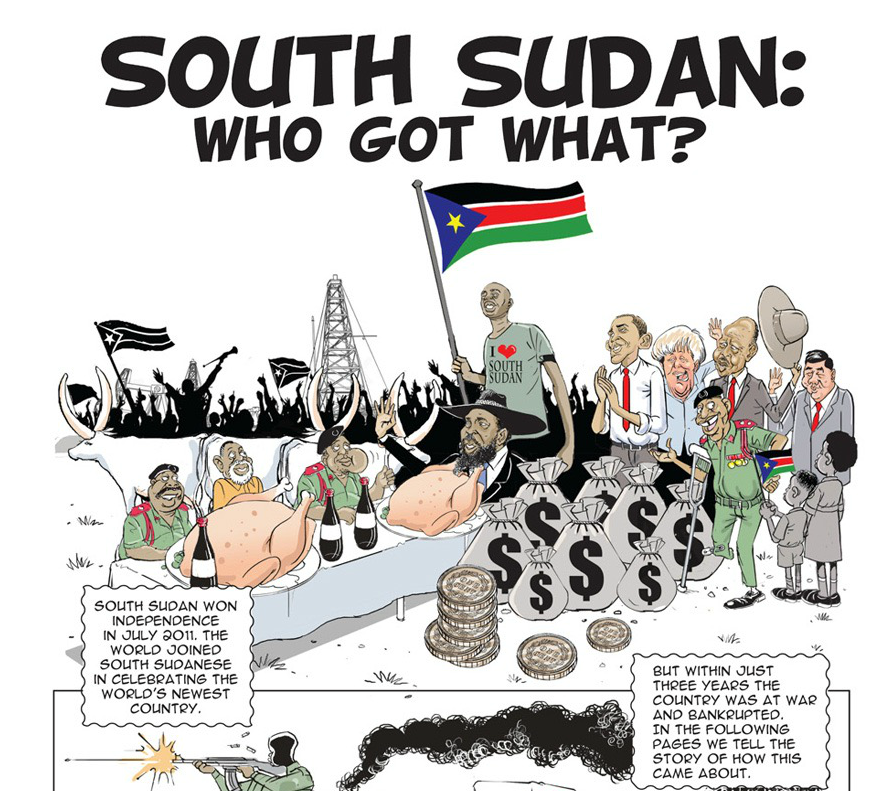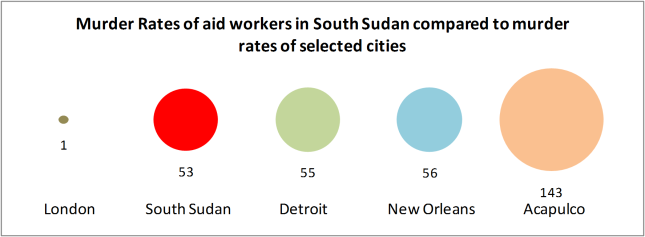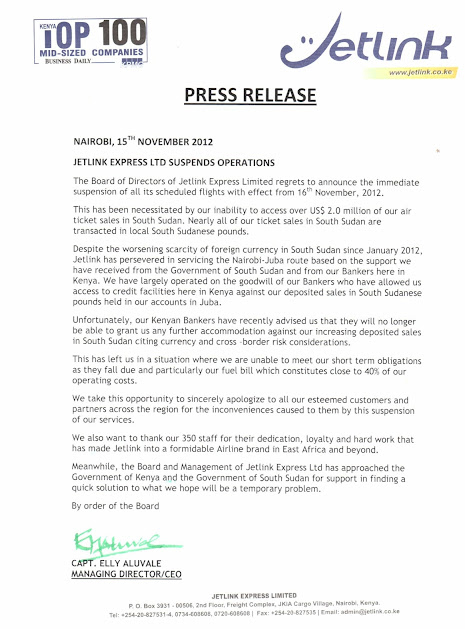The classic dilemma in figuring out how to spend aid money is the trade-off between:
a) achieving scale and sustainability by supporting national government systems (but losing control), and
b) keeping more direct control by working through NGOs, but sacrificing scale and sustainability.
This trade-off is less acute when the recipient government is an effective service provider and respects human rights. Often however the countries that most need external assistance do so in large part precisely because they aren’t blessed with well qualified governments.
One possible solution to this dilemma is providing mass cash transfers - a route to supporting poor individuals whilst side-stepping their government. Another (neglected?) route is supporting local service providers directly. An example of this is the Girl’s Education South Sudan provision of ‘capitation' grants to schools (full disclosure, I was hired to do some analysis). This pipe provides both government and donor (currently DFID) finance direct to the school bank account (held by the school’s governing/managing committee).
Here is a ring-fenced pipe, separate from the main government treasury, at scale, that can send money direct to every school (whether public or private) in a country, with receipts, full government engagement in delivery, in-person monthly reporting, and disaggregated real-time data. All of which potentially an exciting opportunity for donors if they want to fund education in emergencies.
What does the money do? Overall measured enrolment has been trending upwards over the last few years. My analysis suggests that at least some of this aggregate enrolment growth can be attributed to the grants. First, looking at the individual school level, schools tend to report higher levels of enrolment and attendance the year after receiving a grant, after allowing for school fixed effects by conditioning on past attendance or attendance. Second, I exploit a natural experiment whereby the government-financed component of the grants (not the donor-financed component) was arbitrarily held up by state governments for a set of (~control) schools that had gone through all the same hoops as some other (~treatment) schools that did receive the grants. The estimated effect of receiving grants on enrolment and attendance levels remains similar. Similar gains are found for schools that qualified to receive cash transfers for girls. The results are robust to measuring enrolment using the national remote SMS reporting system (sssams.org), or the smaller in-person sample survey.
What about learning outcomes? The focus of the cutting edge in global education research is rightly on what kids actually learn at school rather than just getting bums on seats. But there are still a few countries, including South Sudan, where access and enrolment in school is still a major issue. You should probably take most statistics on South Sudan with a grain of salt, but one estimate of the Net primary enrolment rate is just 43%, which is really pretty low.
However, one of things that does seem to really matter for student learning outcomes is how teachers are motivated and held accountable. Private schools tend to get more effort out of their teachers, largely because they are paid directly by the school and not by a remote government office. For example in Uganda, teachers in private schools spend more time in the classroom teaching than their counterparts in public schools. But this isn’t an inherent feature of the ownership and management of public versus private schools. In principle all public teachers could be hired and paid directly by schools, financed by a single central government school grant, rather than all teachers being put directly onto a single national payroll. This might inadvertently be happening in South Sudan anyway, as recent rapid inflation is reducing the value of local currency denominated teacher salaries, whilst the donor (hard currency) -financed school grants maintain more of their absolute value (and increase in value relative to teacher central payroll salaries). Shifting more funding directly to schools and allowing the list of eligible schools to include non-state providers could open the door to quality-focused international NGO chains such as Peas.
Table: Uganda Primary School Service Delivery Indicators
It’s very easy to just be incredibly depressed by news coming out of South Sudan, including warnings of a potential new genocide, but as ever, sanity lies in the stoic serenity prayer - we should focus on what we can change (and on the evidence needed to enable the distinction be made between what we can and can’t change).




